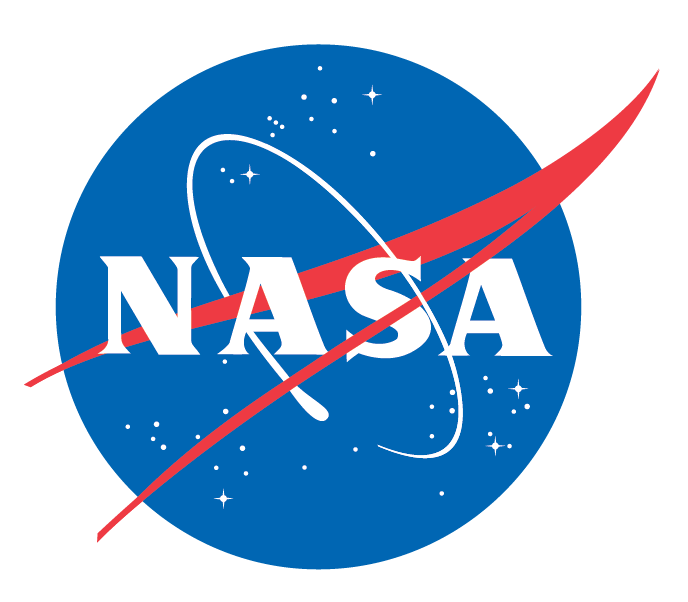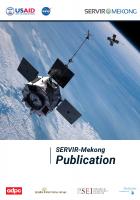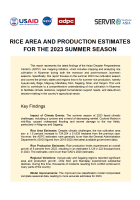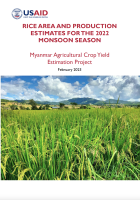Power, vulnerability and agency in disaster risk reduction: A knowledge-exchange for sustainable development in Asia
ADPC will convene a knowledge-exchange event that aims to bring together representatives of national disaster management authorities/departments (NDMOs), women/social development departments, geo-spatial data institutions, national, regional, and international women’s rights and gender equality organisations, experts on disaster risk reduction and humanitarian aid, and international organisations to discuss the links between disaster risk reduction and gender sensitive actions for sustainable development. The focus will be to present successful case studies, geospatial and remote sensing models and tools to be shared and discussed.
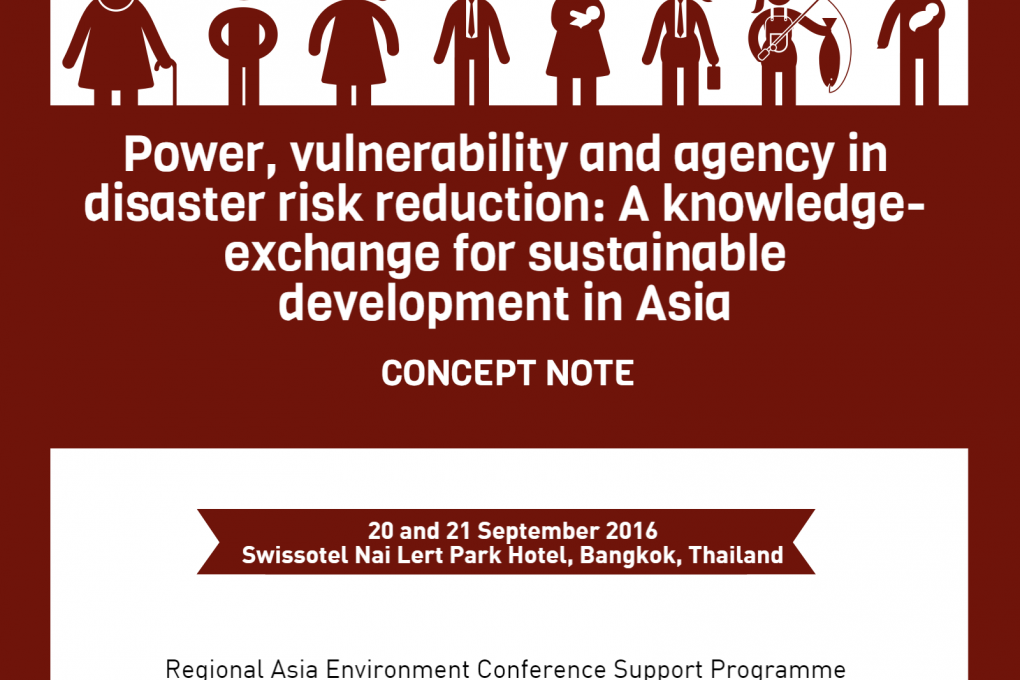
Introduction
The gap between development and humanitarian action is well-documented, as is the weakness of incorporating gender-sensitive approaches into humanitarian disaster response. In parallel, there is also a divide between disaster risk reduction, increasingly linked to development in policy and practice, and humanitarian aid, which still tends to focus on disaster response through post-disaster relief and recovery efforts. In order to achieve equitable, sustainable and disaster resilient development in Asia, the region needs to enhance its capacity to incorporate gendered issues of power, vulnerability and agency into its disaster risk reduction efforts. Integrating disaster risk reduction and sustainable development strategies is critical in protecting the gains of development, especially for those most vulnerable to disaster risks. At the same time, the region can demonstrate a range of approaches in which women and vulnerable groups are important agents of change.
There are multiple examples of programs that serve as catalysts for empowerment by focusing on the transformative role that women and vulnerable groups can play in disaster risk reduction. Programming models can contribute to equitable socio-economic development, poverty reduction and disaster risk reduction by addressing social inequality and unfair power systems by taking a more inclusive approach that addresses the needs and priorities of all social groups. The knowledge and lessons learned in these innovative programs should be documented and shared more widely in order to replicate successful approaches throughout the region.
ADPC will convene a knowledge-exchange event that aims to bring together representatives of national disaster management authorities/departments (NDMOs), women/social development departments, geo-spatial data institutions, national, regional, and international women’s rights and gender equality organisations, experts on disaster risk reduction and humanitarian aid, and international organisations to discuss the links between disaster risk reduction and gender sensitive actions for sustainable development. The focus will be to present successful case studies, geospatial and remote sensing models and tools to be shared and discussed.
Objectives
- Highlight mechanisms and analyses for linking gender inclusive disaster risk reduction with humanitarian action and sustainable development by contextualizing the Sendai- Framework for Disaster Risk Reduction 2015-2030 and outcome documents from World Humanitarian Summit, May 2016 as linked to Sustainable Development Goals
- Share tools, models, examples, experiences, lessons learned and good practice of gender-based approaches to disaster risk reduction that fosters links to environmental sustainable development and improved disaster resilience
- Create a community of learning to facilitate gender-inclusive approaches to disaster risk reduction and humanitarian action linked with sustainable development, sustained by ADPC
- Encourage and foster the launch of country level communities of learning that link government (department of disaster management and department of women affairs or other relevant departments), non-governmental organizations and geo-spatial and remote sensing institutions for innovative solutions to disaster risk reduction.
Contact Information
Maria Holtsberg: Mariah@adpc.net

